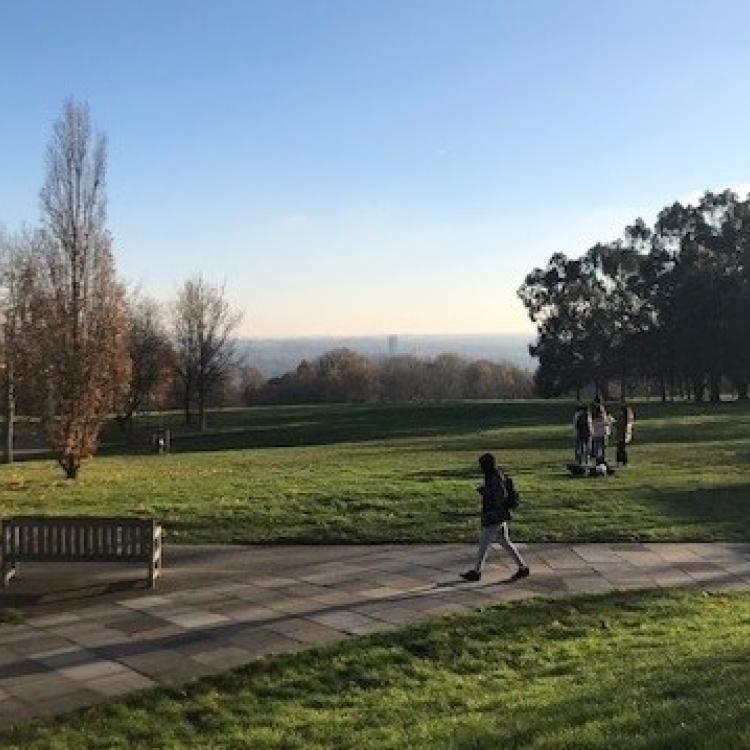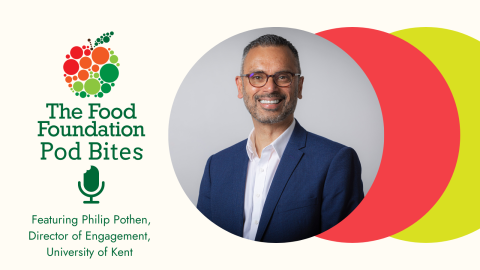University of Kent Right To Food
Putting the Right to Food on the world stage
The Food Foundation is proud to be supporting the University of Kent as it commits to becoming a Right to Food University.
This ambitious project involves the university adopting a series of missions to protect students and staff from food insecurity on its campuses in Canterbury and Medway, and ensuring the food they serve supports health, wellbeing, and environmental sustainability.
It will also create a culture with food issues embedded within its research and teaching and track the project's progress so best practices can be shared within Kent, with the higher education sector, and with the rest of the world.

The Right To Food University has four key missions:
The University of Kent will be a hub for knowledge sharing, innovation and learning on food systems, one that inspires universities across the UK and internationally to commit to the Right to Food.
To establish the University of Kent as a leading provider of education and research into the role of food within the promotion of human health and a fair society.
The university is taking action to protect students and staff from food insecurity and to promote access to healthy and affordable food that is good for us and the planet.
Kent is known as the Garden of England with acres of land dedicated to food production. However, many communities in the county continue to face food insecurity. The university will use its influence to connect and support the region.

What is a Right To Food University?
Everyone has the right to healthy and affordable food. Being able to eat regular, fresh and nutritious meals each day is fundamental to our health and wellbeing.
The University of Kent wants to see a world where no one goes hungry, where we develop sustainable resources for all, and where nutrition is accessible to everyone, wherever they are and whatever their means.
In committing to be a Right to Food University, it has adopted this basic human right and committed itself to promoting food justice, tackling food poverty and transforming our food system so it operates to advance human health and an environmentally sustainable society.
Working in partnership with The Food Foundation, the university will adopt measures to protect its students and staff from food insecurity.
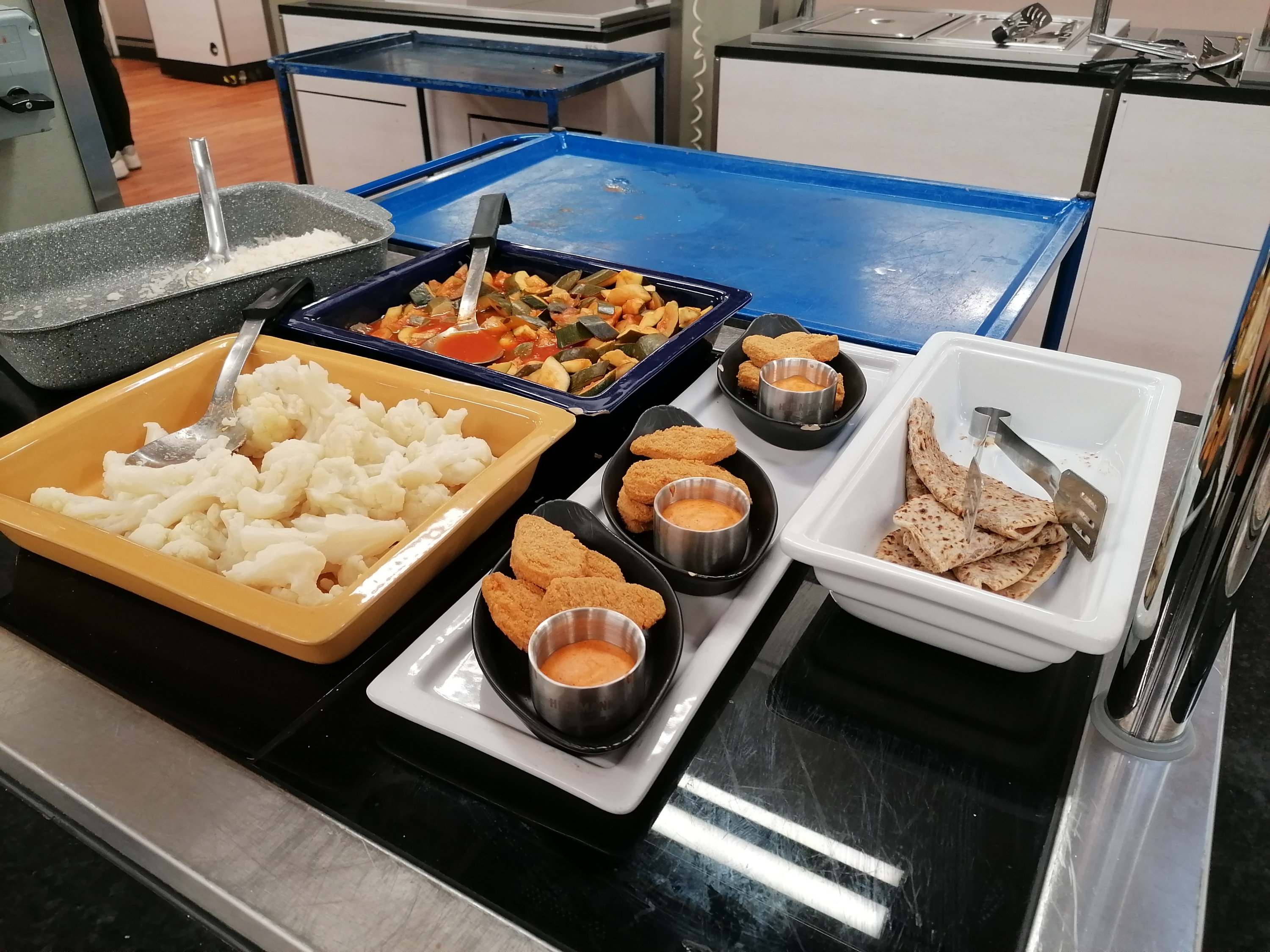
Its campuses in Canterbury and Medway will be places where the Right to Food is realised in practice - in student kitchens, canteens, the university estate, the courses on offer and through research collaborations.
Measures already in place include special £3 meal deals, access to free food via Kent Union's Brunch Club, free microwave and hot water points, a campus pantry and food packages.
In August 2023 it was announced Kent was one of only 12 UK universities to secure funding from The National Co-ordinating Centre for Public Engagement (NCCPE) and Sheffield Hallam University’s (SHU) National Civic Impact Accelerator (NCIA) Action Learning Programme (ALP) to support this work.
Positive Environmental Futures
The University of Kent aims to bring world-leading expertise in health and wellbeing, social justice, inequalities and conflict, environment and natural resources through the Right to Food project to bring to bear regional, national and global challenges.
One of the university's signature research themes is Positive Environmental Futures, which has recently begun its work to find solutions to some of the most urgent environmental issues facing the world today, including food inequality.
Learn more about the project here.
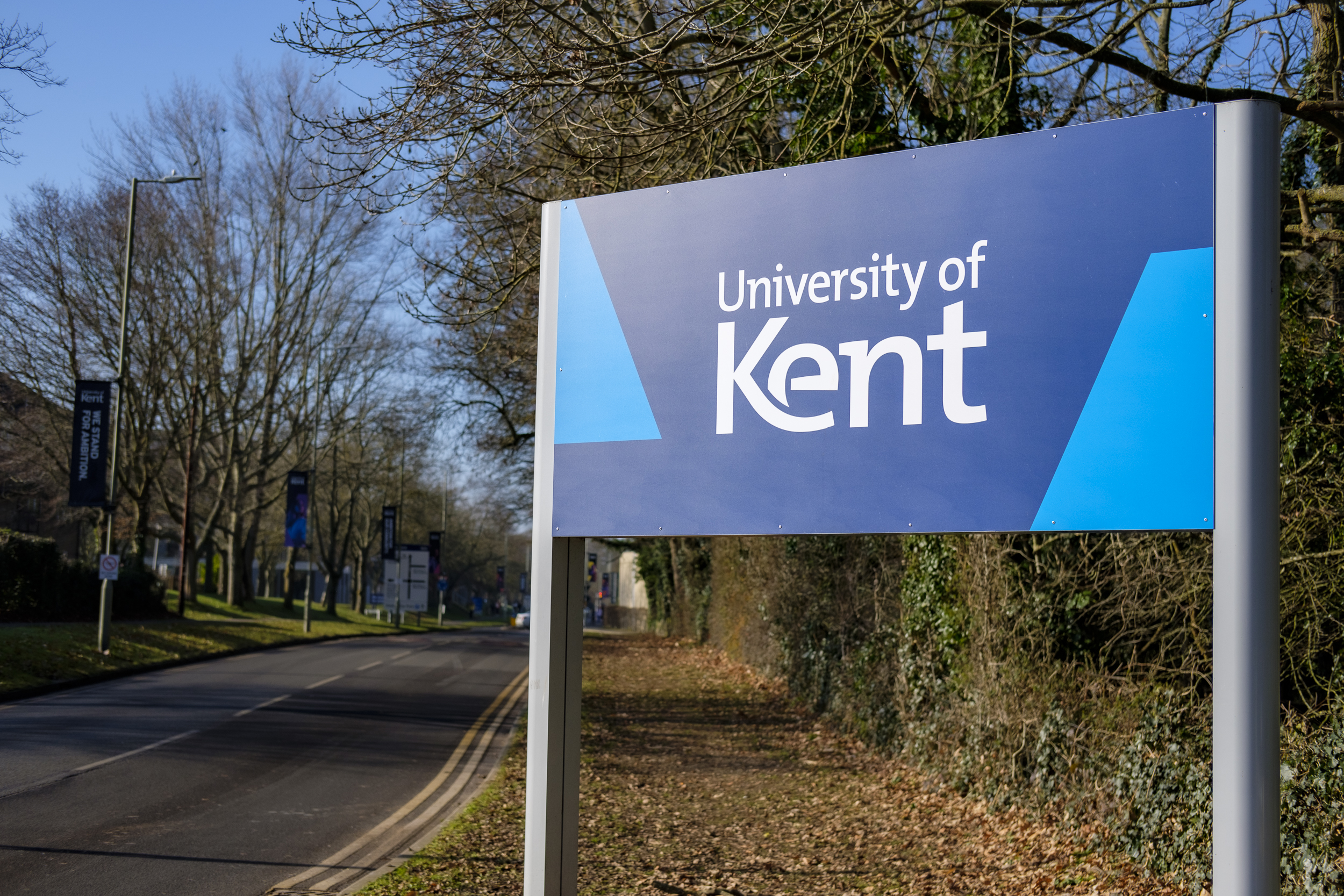
Growing Kent and Medway
Kent is known as the Garden of England with outstanding agricultural produce and acres of land dedicated to food production.
The university is at the heart of developments to strengthen the county as the leading region for production and processing of high-value foods and plant-based compounds.
Through Growing Kent and Medway the university is introducing wide-ranging advances in horticulture that are shaping the way produce is grown and supplied.
It is using national funding to drive innovation, commercialisation and novel training programmes in the region, which is home to more than 40% of UK high-value horticultural production and a key gateway to global markets.
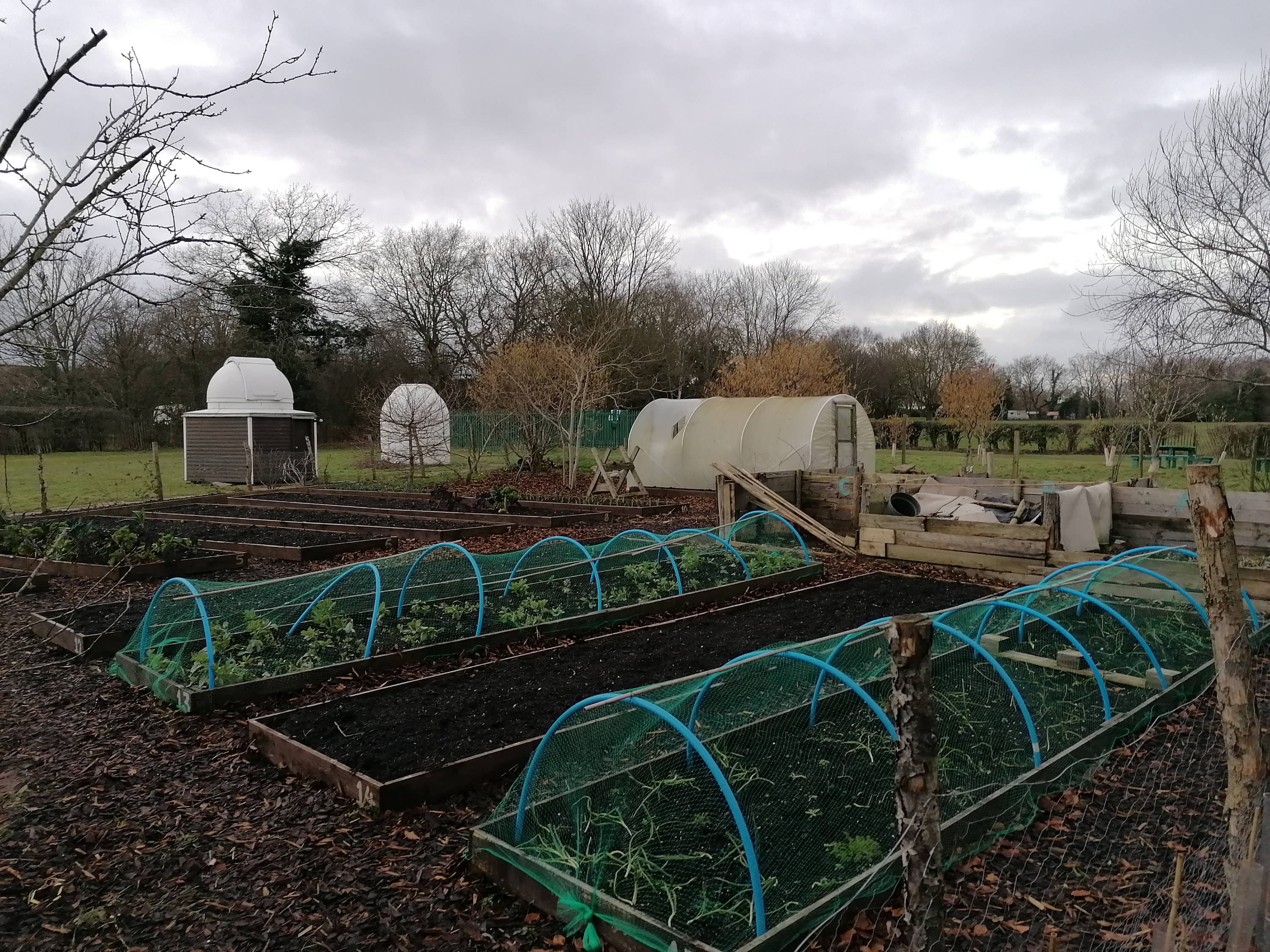
The university will use these key strengths as well as its wider role in the region to harness the area's strength in food production, handling and distribution, working with industry partners to support innovation and sustainability in the production of affordable nutrient-rich foods and plant-based products.
Learn more about the project here.
Kent Community Oasis Garden
A resource run by staff and students in partnership with East Kent Mind, the Kent Community Oasis Garden is a sustainability hub centred around growing food.
It is mostly used to grow fruit and vegetables, with volunteers having input about which crops are planted.
There is also a commercial side to the garden's sustainability with the cafe at the Gulbenkian Arts Centre being a ready market for the salads, tomatoes and other produce grown in the garden.
This also helps the venue with its sustainability goals, drastically reducing overall food miles.
Learn more about the project here.
Welcoming the the Right to Food project, Food Foundation Executive Director Anna Taylor, said: "I hope the Kent’s Right to Food missions will inspire other universities to follow suit.
"Kent is making it their mission to help students and staff eat well. It's an exciting initiative which promises to make a real difference."
- To learn more or keep in touch with developments email righttofood@kent.ac.uk
